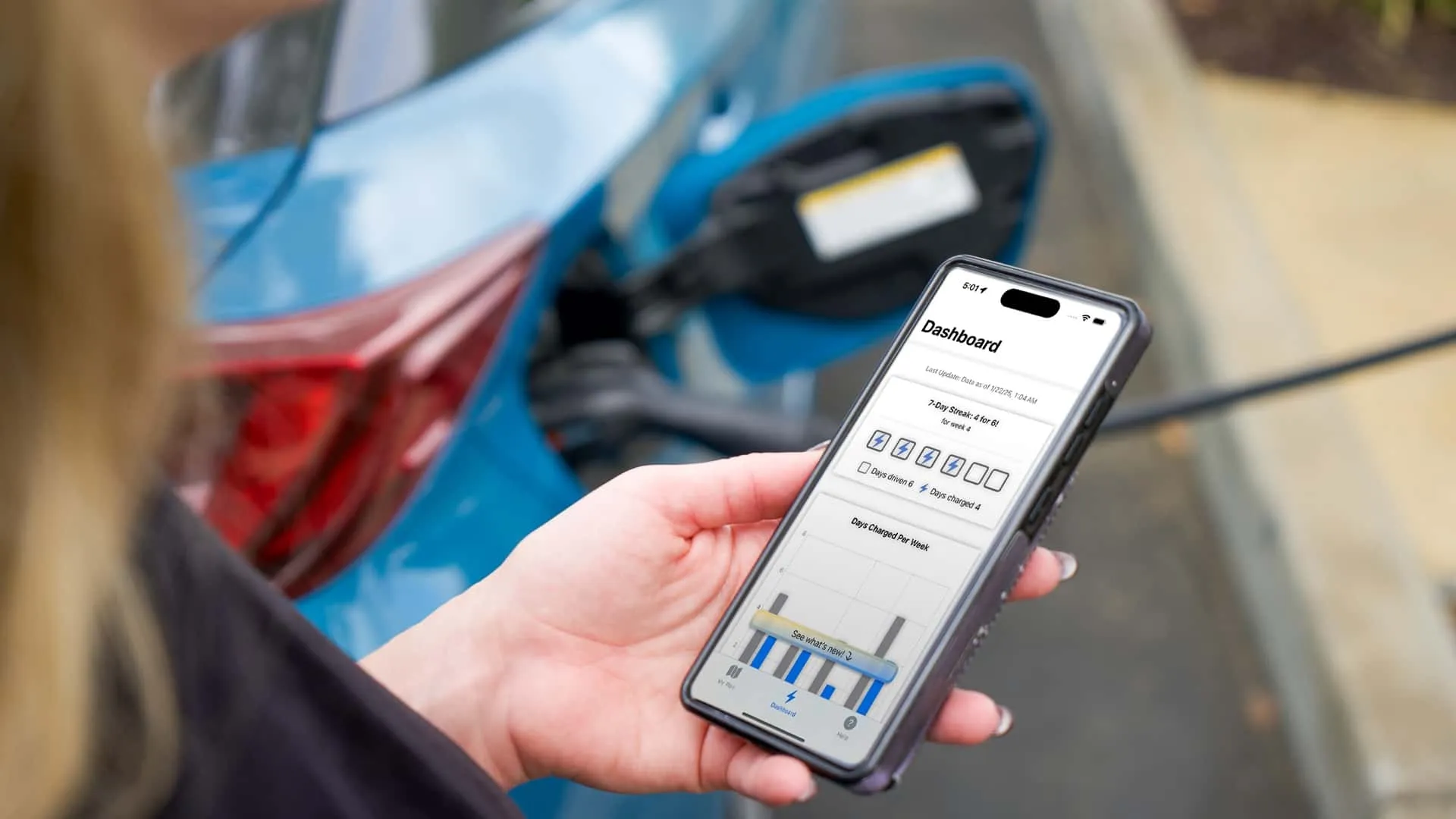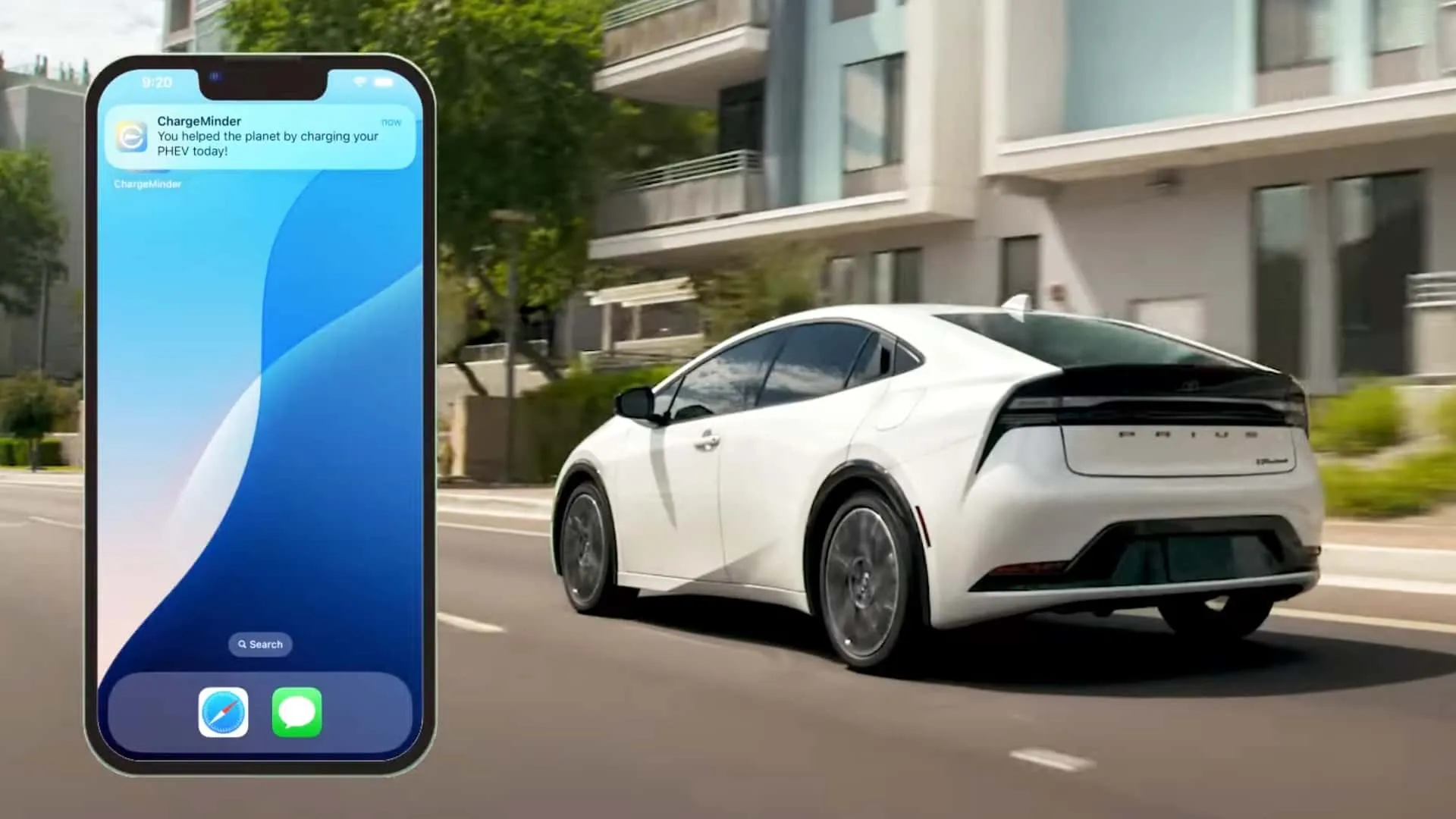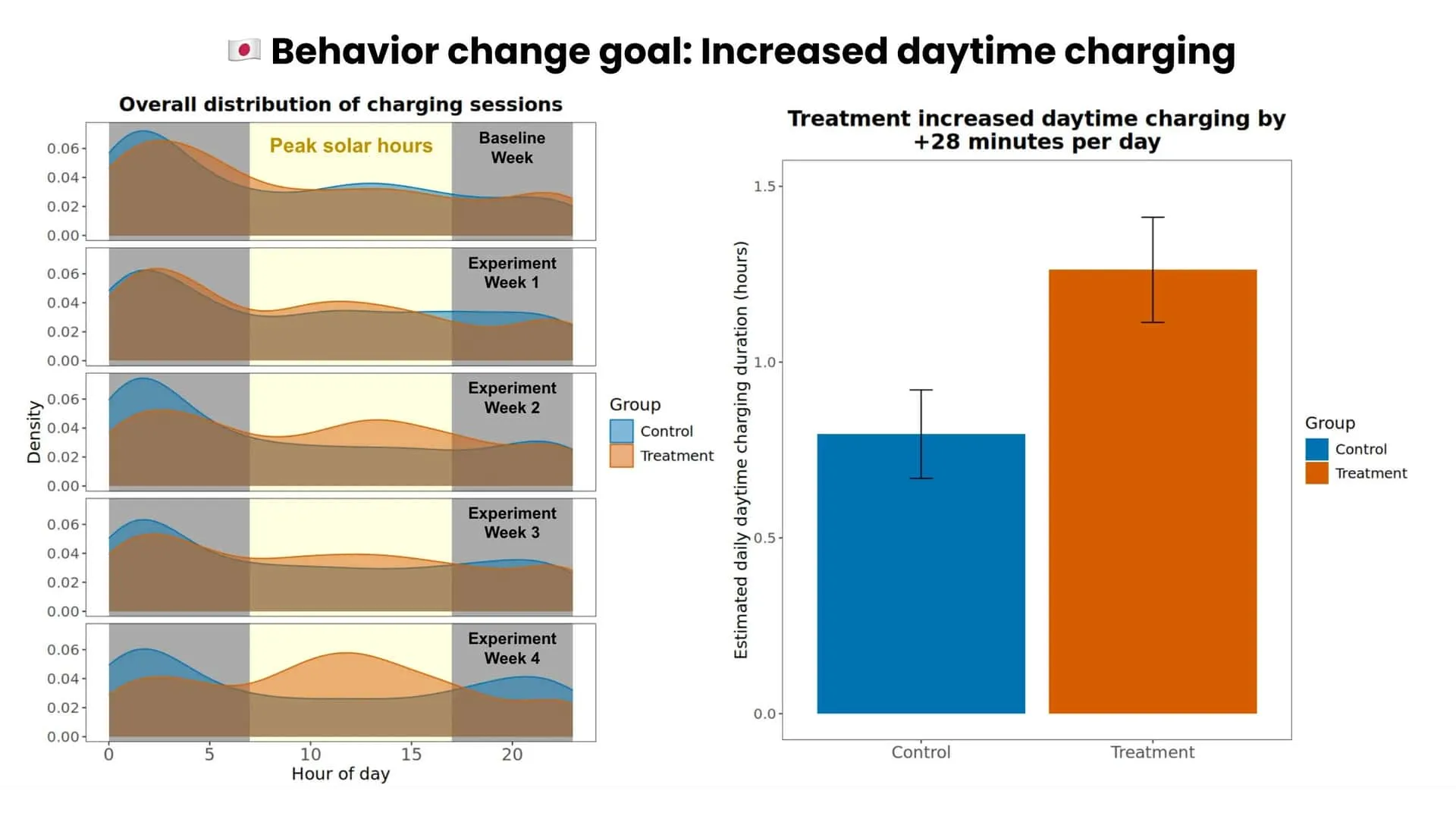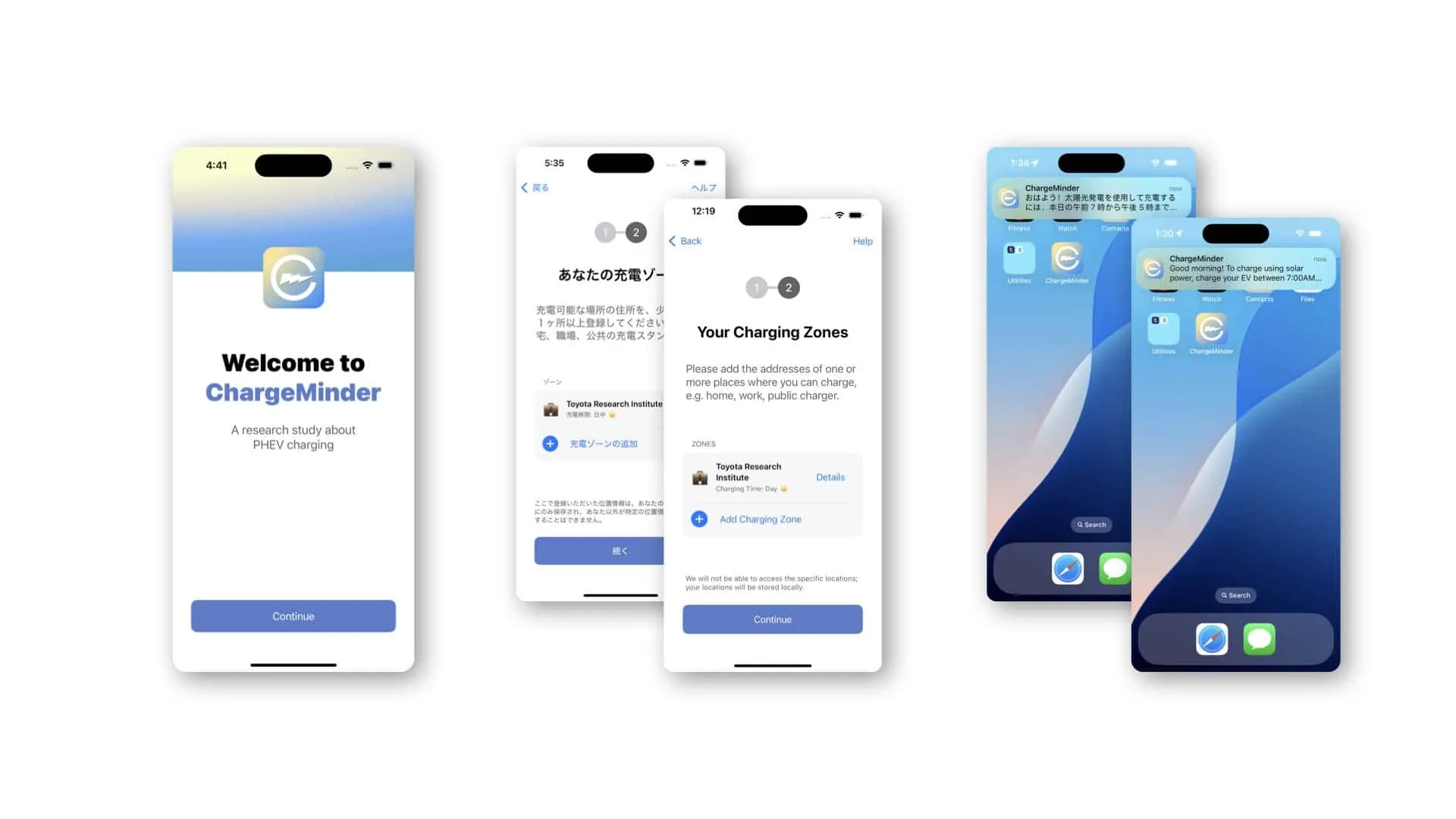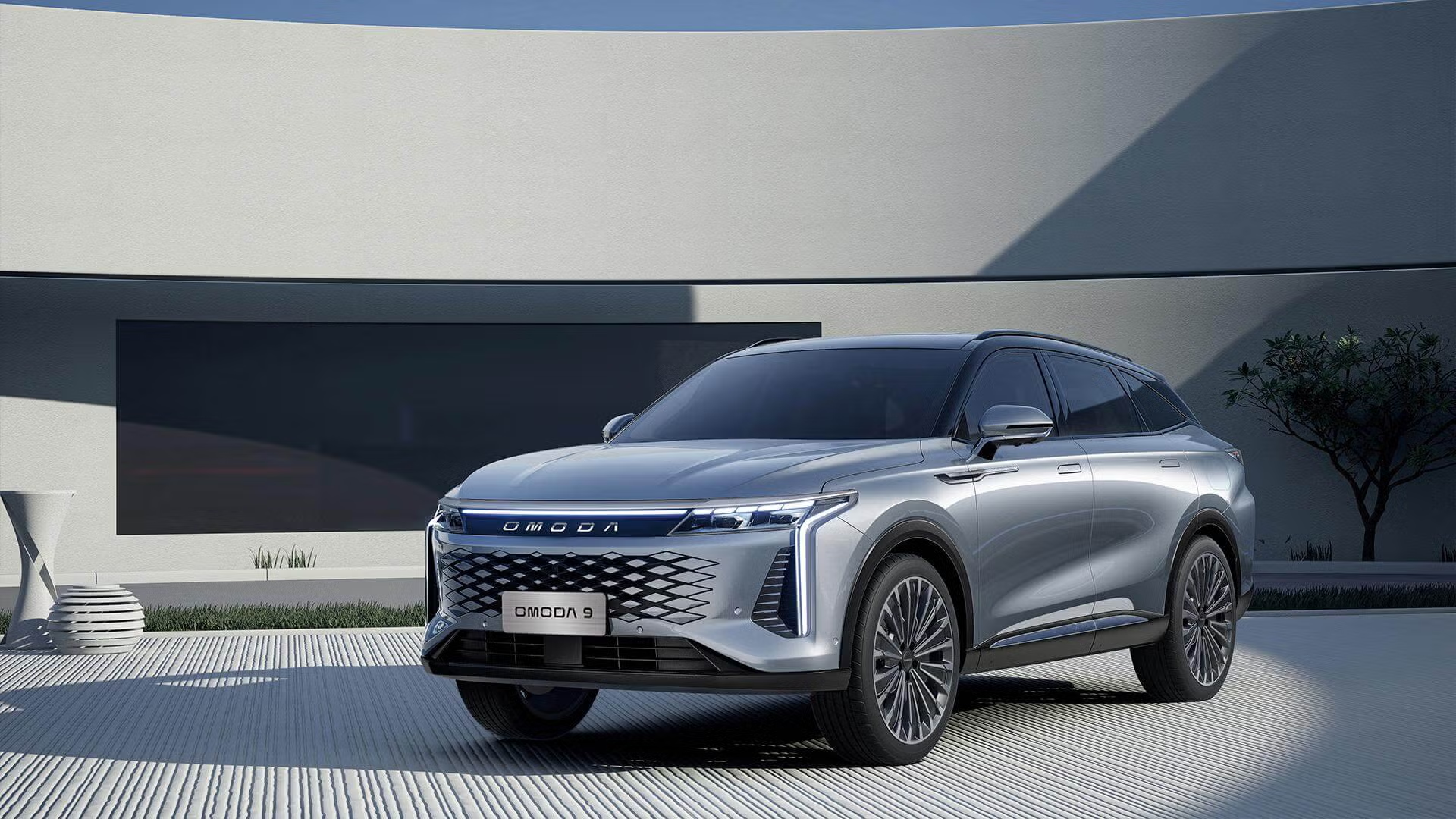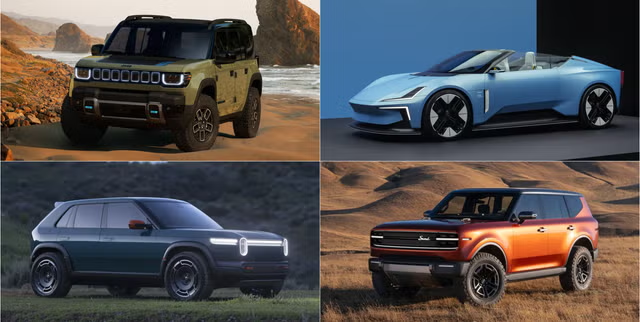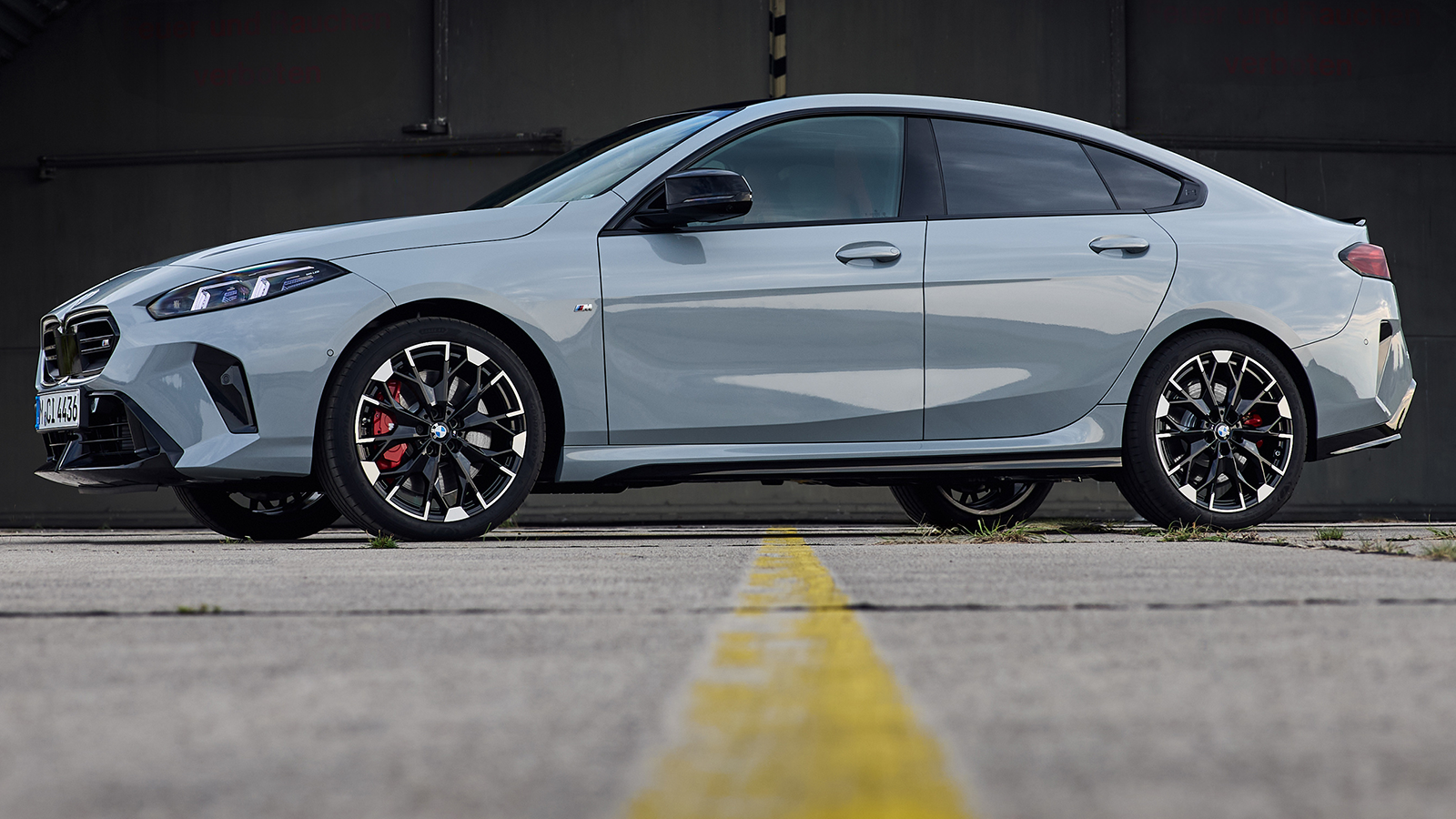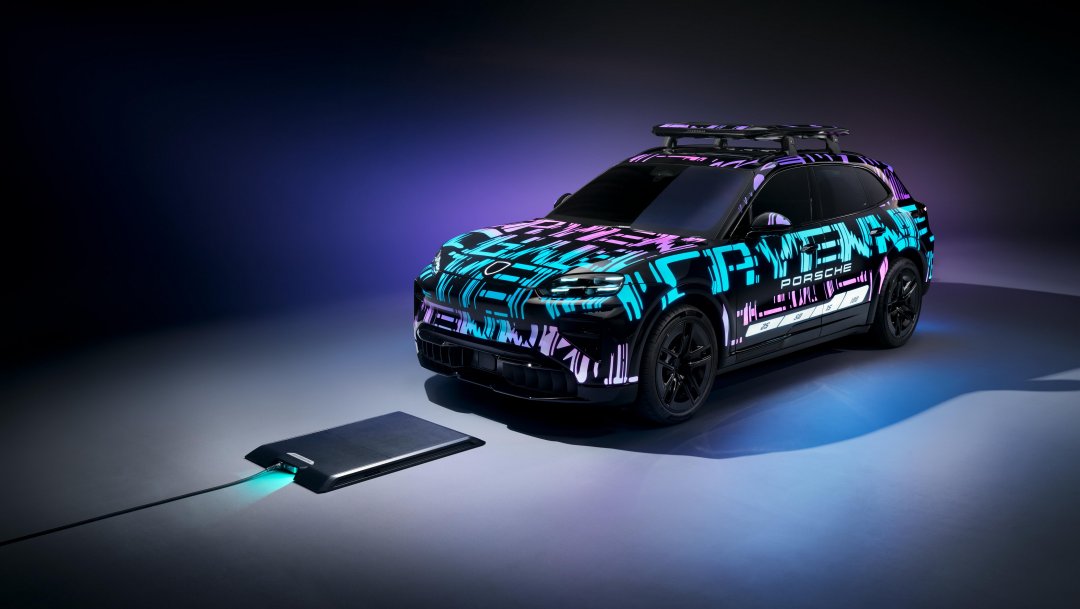Let me tell you, the dream of ditching gas stations for electric-only drives sounds great until you realize you’re still filling up more than you’d like. Why? Because it’s easy to forget to plug in when the gas engine’s right there, ready to go. That’s the trap so many of us fall into, and it’s where Toyota’s new ChargeMinder app, unveiled by the Toyota Research Institute on September 16, 2025, steps in like a gentle nudge from a friend. This prototype from their Human-Centered Artificial Intelligence division uses behavioral science to make charging a no-brainer, boosting electric use by 10% in the U.S. and shifting 59% more to renewable hours in Japan. As a hybrid driver who’s watched my fuel costs creep up, this app feels like the missing piece. Let’s unpack how ChargeMinder works, the research behind it, and why it could make PHEVs and BEVs even more irresistible.
The EV Charging Conundrum: Why Behavior Is the Key to Cutting Carbon
Technology alone isn’t enough to slash emissions from electrified vehicles—our habits matter just as much. For PHEVs and BEVs to deliver their full climate benefits, we need to charge regularly and at times when cleaner energy is available, like solar peaks. Without that, a PHEV’s just a heavier hybrid, and a BEV’s range anxiety kicks in. Toyota Research Institute (TRI) and their Carbon Neutral Center get this, and their studies in the U.S. and Japan show behavioral interventions can make a huge difference. In the U.S., they increased charging by 10% for PHEV drivers, while in Japan, PHEV and BEV owners shifted 59% more to renewable hours, adding nearly 30 minutes of daytime charging per day. Even better, U.S. drivers’ satisfaction jumped 16 percentage points to 100%. “Technology is not the only way to reduce emissions—people’s choices matter too,” said Dr. Gill Pratt, TRI CEO and Toyota’s Chief Scientist. It’s a reminder that small changes in how we act can have big impacts on the planet.
ChargeMinder: Behavioral Science Meets Everyday EV Life
ChargeMinder isn’t your average charging app—it’s a prototype packed with over a dozen behavioral science tricks, tailored to get you plugging in more often. It uses just-in-time reminders that are up to 50% more effective than generic ones, based on lab studies, popping up when you’re most likely to act. Positive reinforcement comes through streaks, summaries, and encouraging messages that make you feel good about charging. Then there are engaging quizzes that use memory science to teach you about your EV, sticking the lessons in your head. The app pulls in data from your vehicle telematics and charging spots (anonymously and securely) to personalize everything, while keeping your privacy intact. It’s like having a coach in your pocket, guiding you to better habits without nagging. Dr. Laura Libby, TRI’s Carbon Neutrality Manager, puts it perfectly: “Behavioral science is a powerful, scalable tool to help achieve carbon neutrality.” And it’s cheap and quick to deploy compared to building more chargers or offering rebates.
The Research Results: Real Numbers, Real Impact
TRI’s studies, conducted in the U.S. and Japan, tested ChargeMinder with real drivers and delivered eye-opening results. In the U.S., PHEV owners charged 10% more, unlocking more electric miles and cutting fuel use. In Japan, the shift to peak renewable hours was massive—59% more daytime charging, adding 30 minutes per vehicle daily, which means more solar power and less grid strain. U.S. drivers’ satisfaction soared to 100%, up 16 points, showing that better habits lead to happier owners. “We need to build technologies that bridge the gap between human behavior and carbon reduction,” said Manabu Handa from Toyota’s Carbon Neutral System Planning. It’s not magic; it’s science making EVs work harder for the environment.
What’s Next for ChargeMinder: Personalized and Global
TRI and Toyota’s Carbon Neutral Center aren’t stopping here. They’re planning to evolve ChargeMinder with more data-driven, personalized interventions, tying it into Toyota’s global carbon neutrality goals. Imagine an app that learns your exact routine and suggests charging based on your local solar output or cheapest rates. It’s scalable, inexpensive, and quick—unlike building infrastructure or handing out incentives. For me, as a hybrid owner, this could be the push to go full electric more often. And it’s not just for Toyota; the principles could apply to any EV or PHEV, making it a universal tool for greener driving.
ChargeMinder Could Make Hybrids the Heroes They’re Meant to Be
ChargeMinder’s a breath of fresh air for PHEV owners like me, turning a forgettable chore into something engaging that saves money and the planet. The research numbers are compelling—10% more charging in the U.S., 59% renewable shift in Japan—and the satisfaction boost is real. Toyota’s blending tech with human psychology in a way that feels right, and I’m excited to see it roll out globally. If you’ve got a plug-in, this app could change your game. What’s your biggest PHEV pain point—forgetting to charge or something else? Drop a comment; I’d love to swap stories with fellow hybrid drivers!
Source-pressroom.toyota.com
